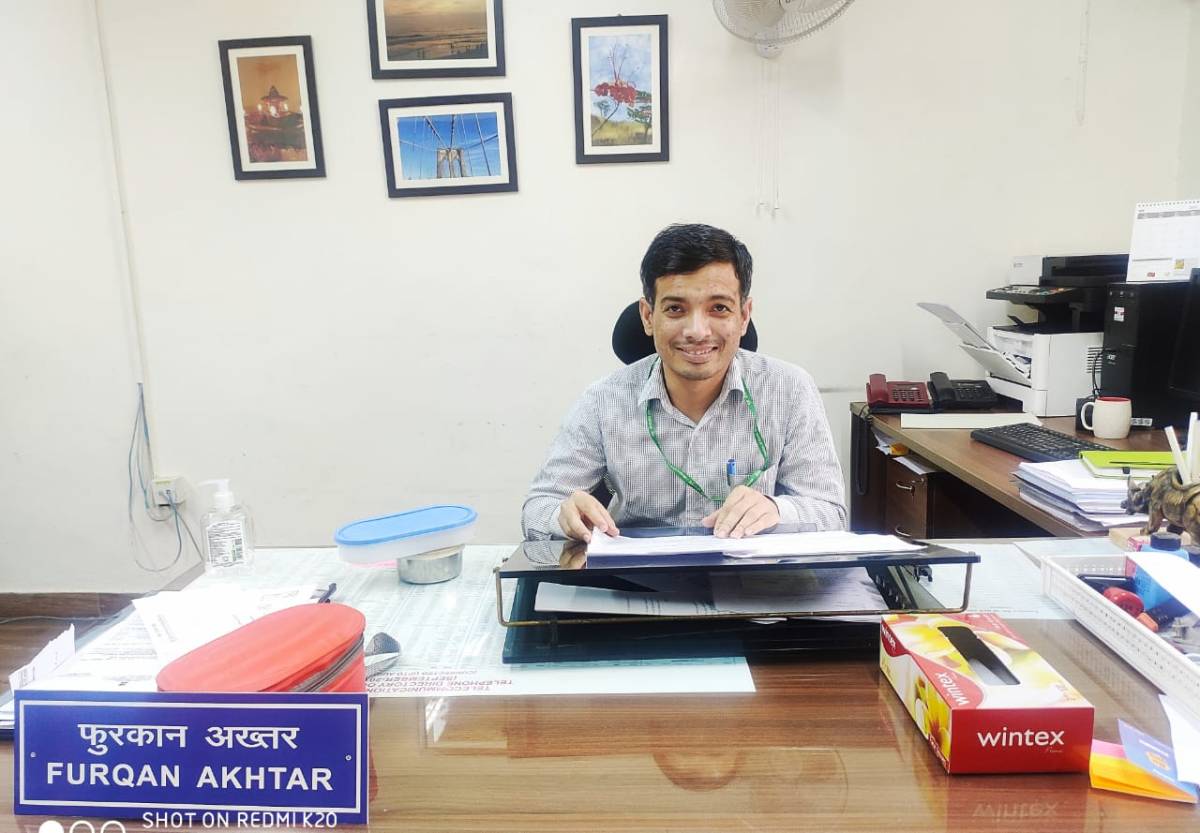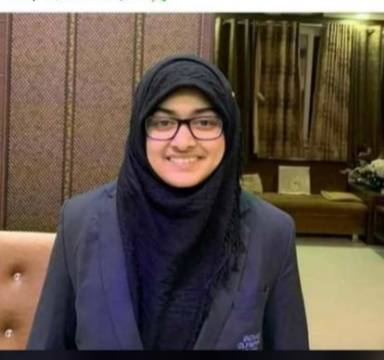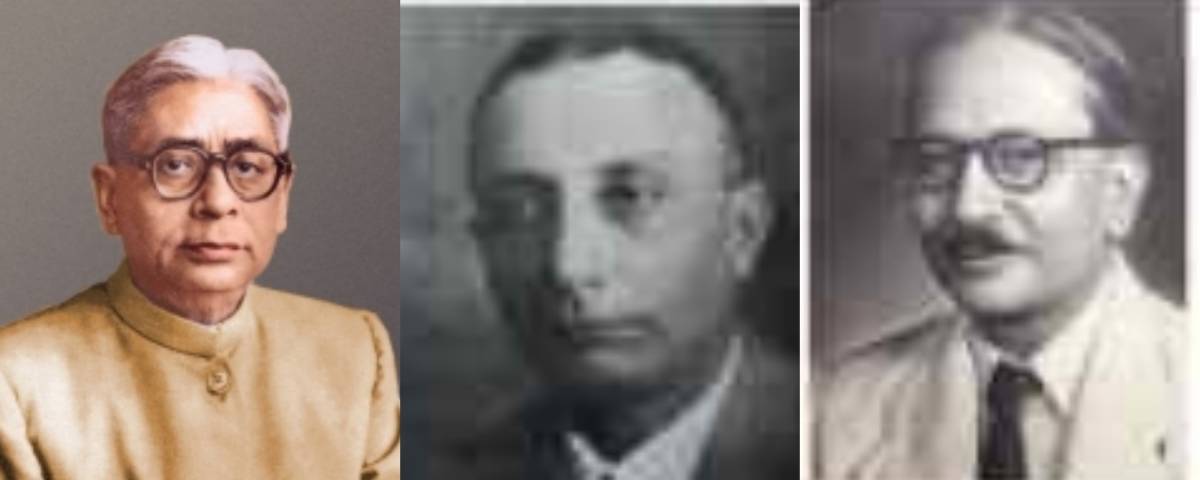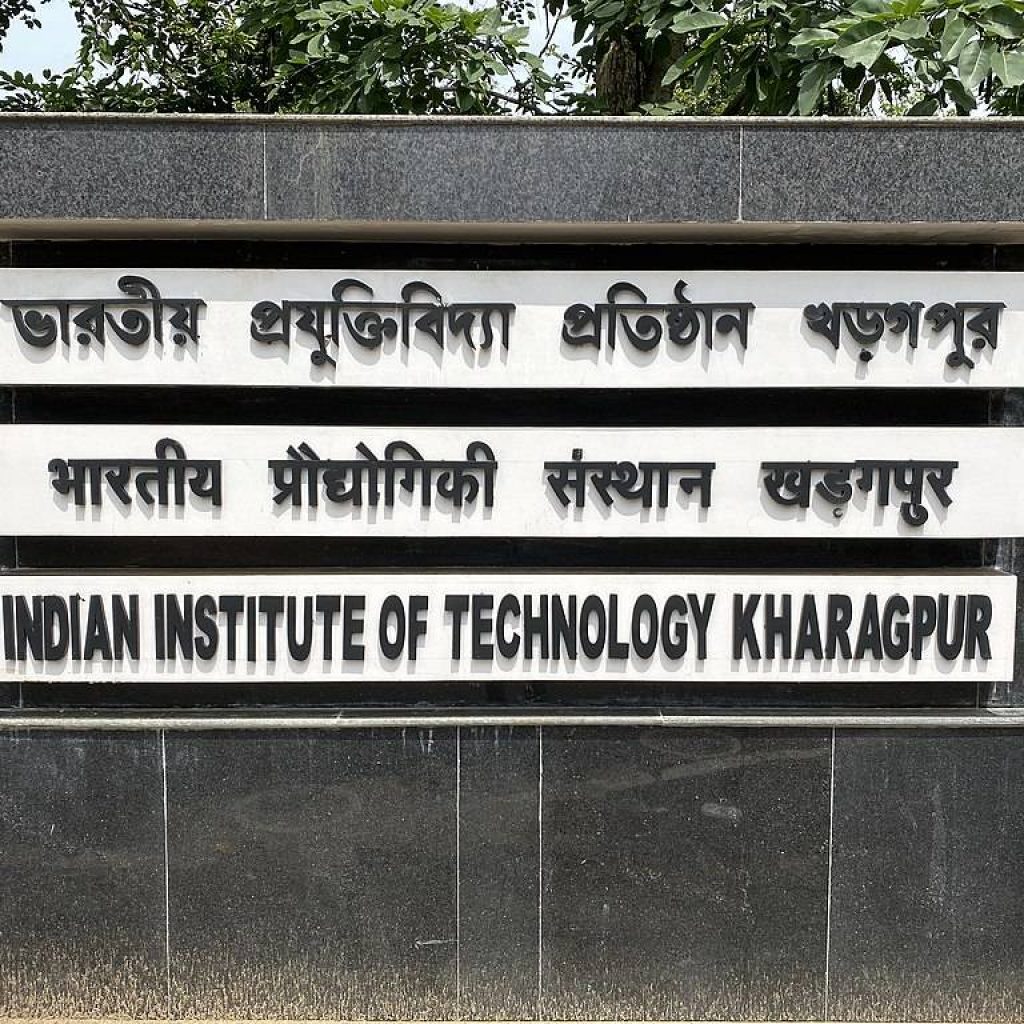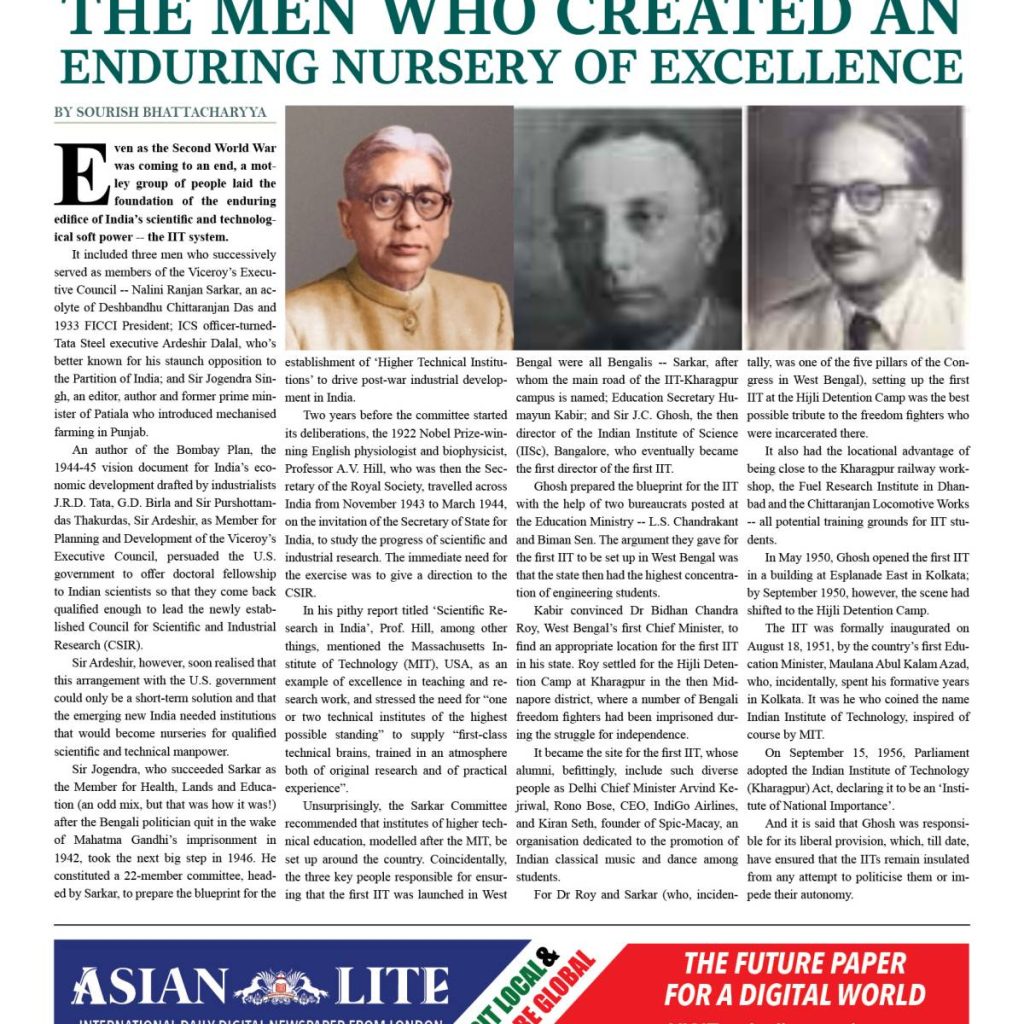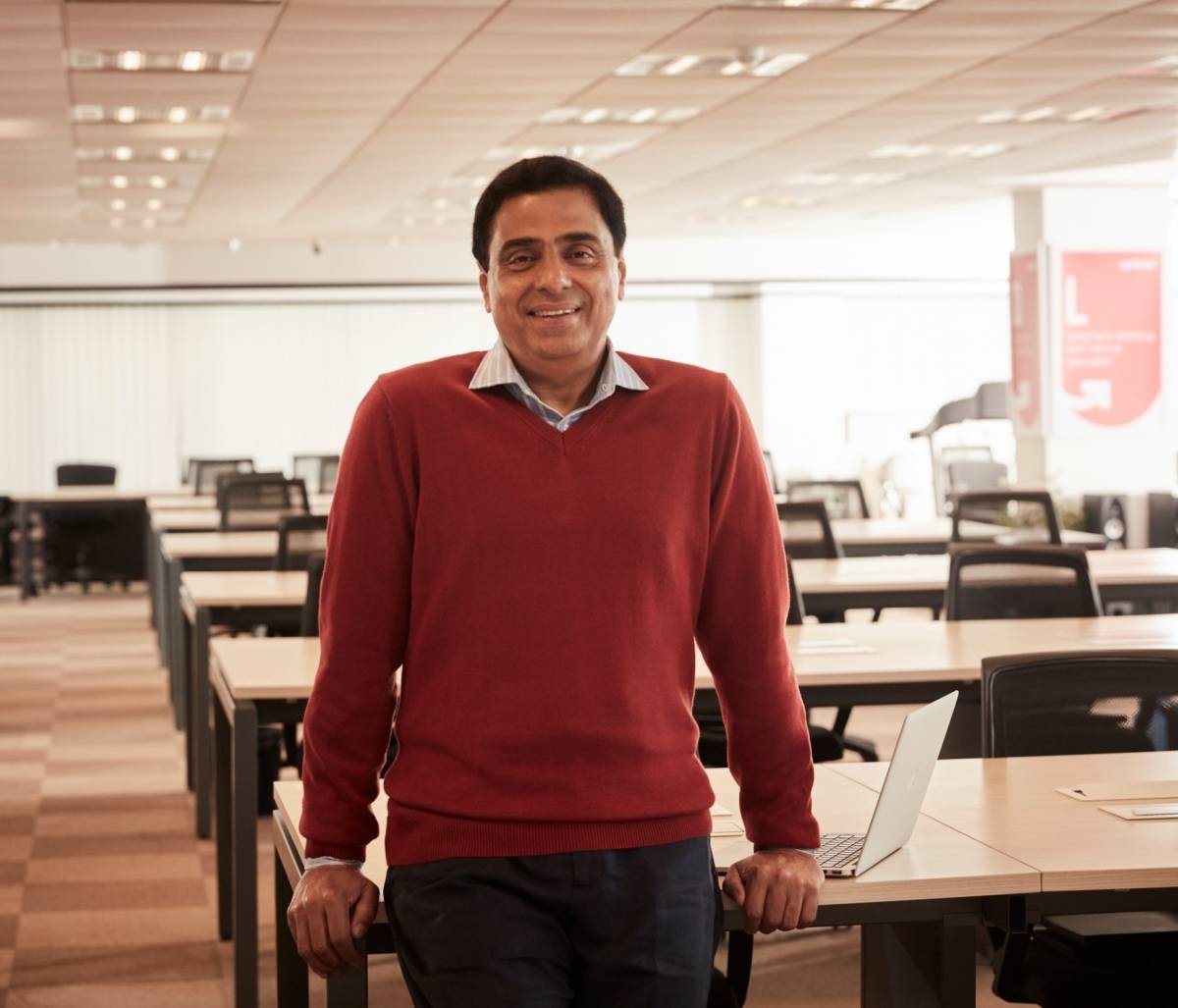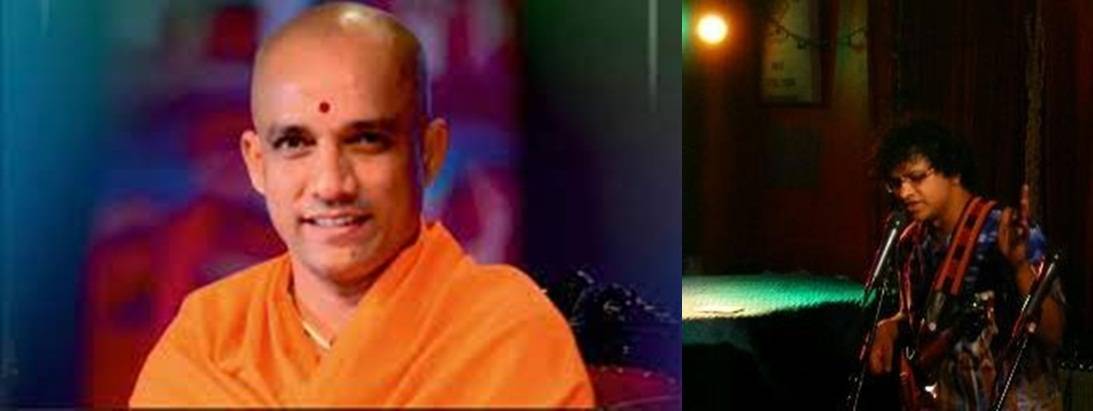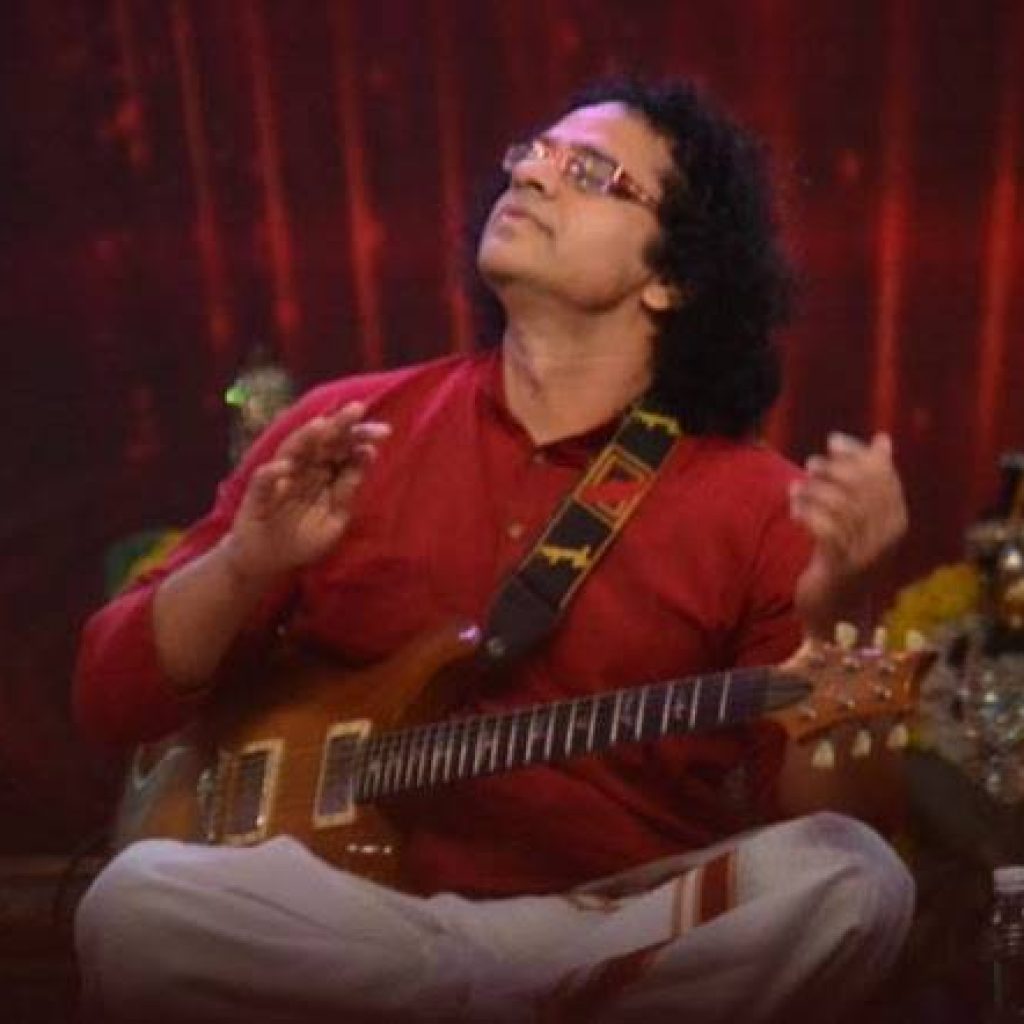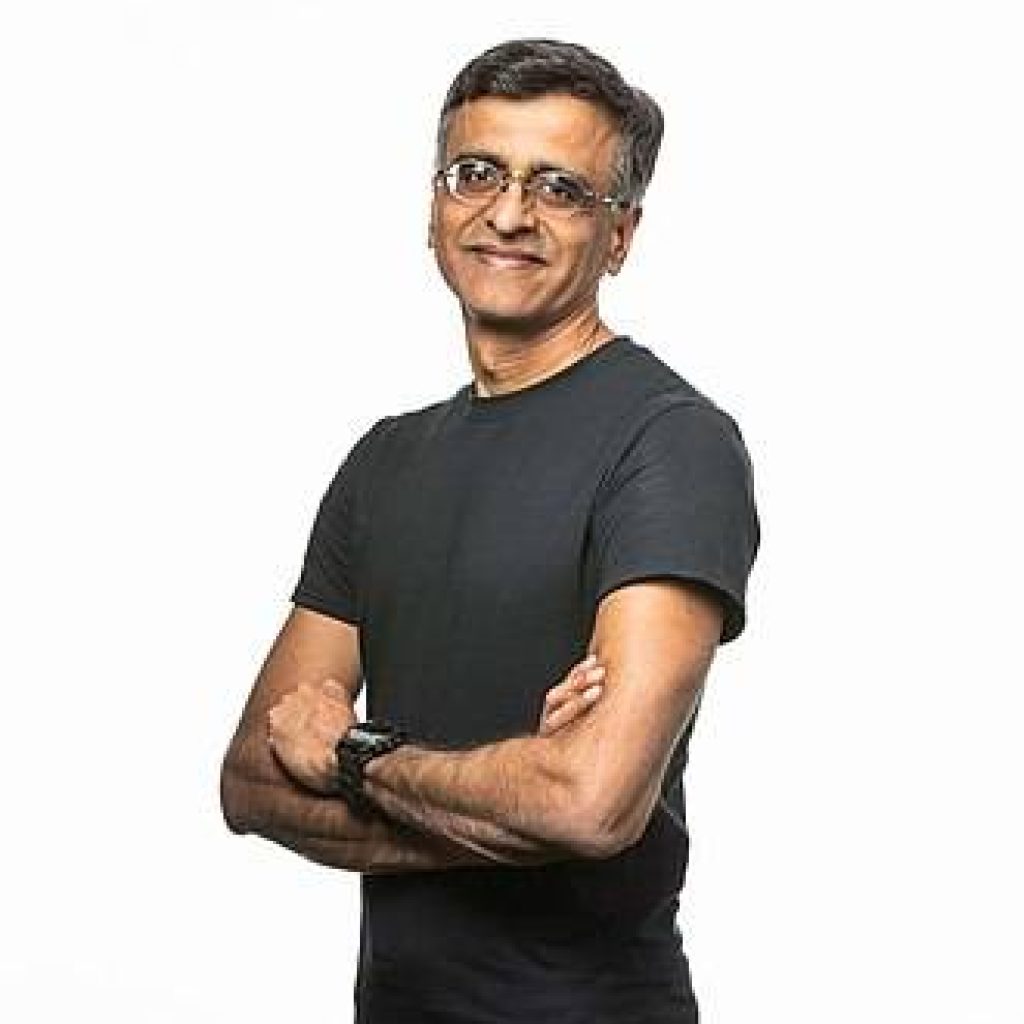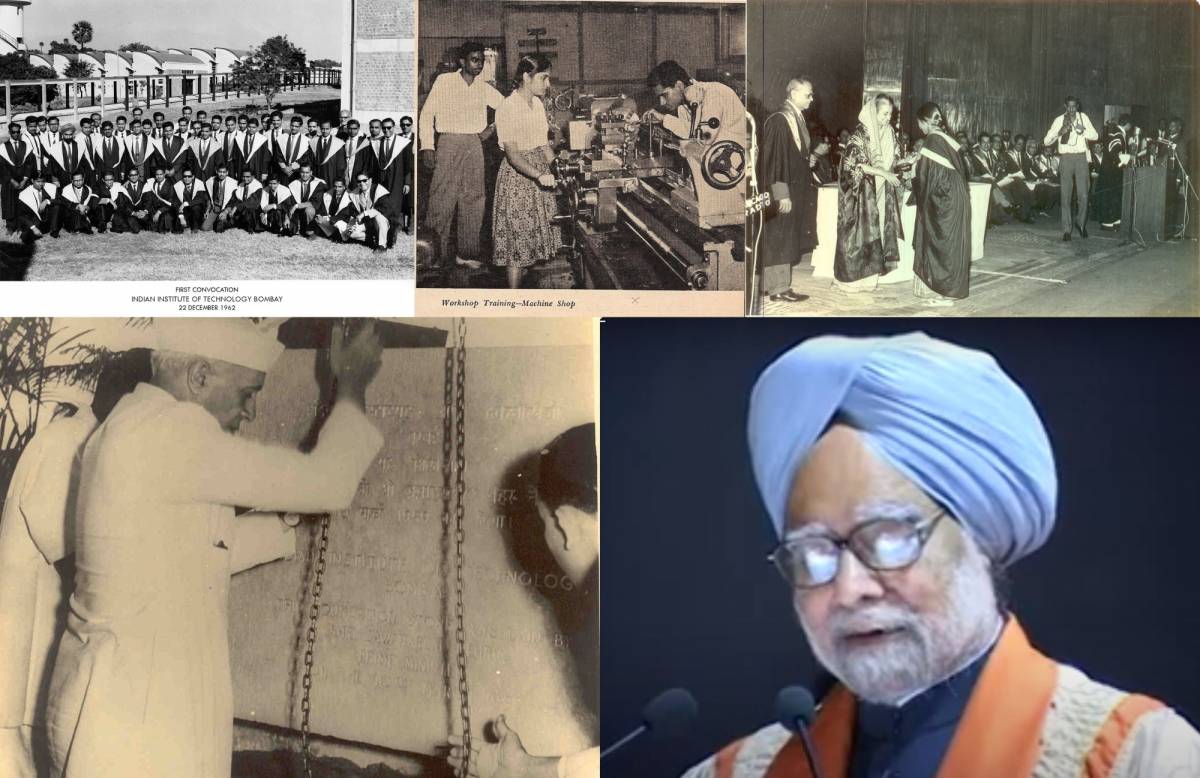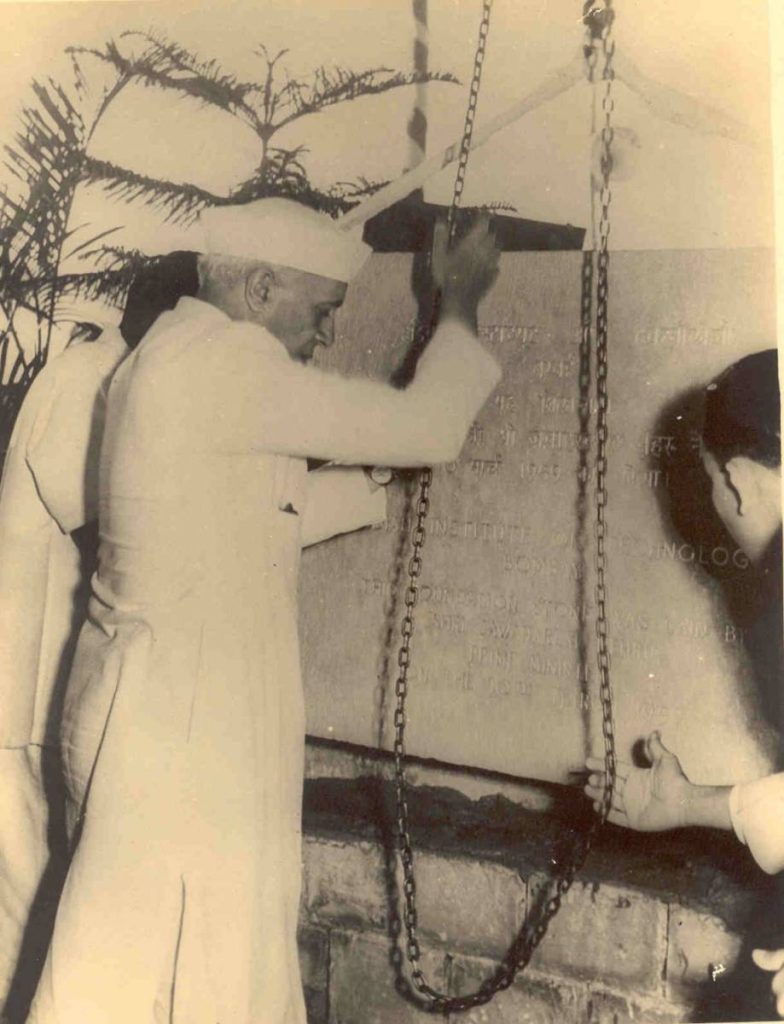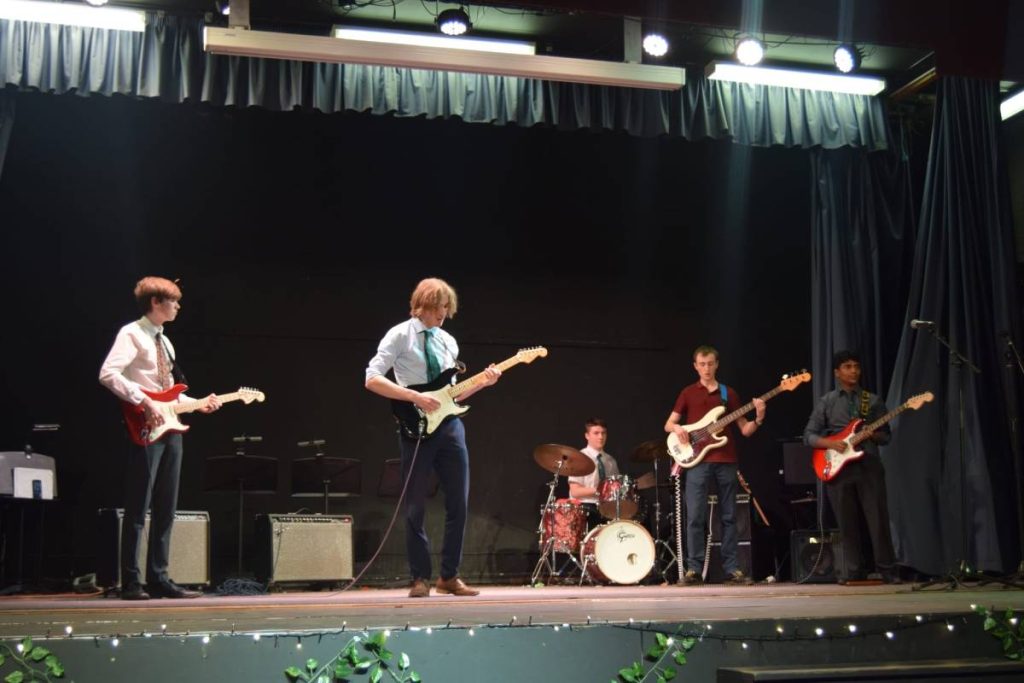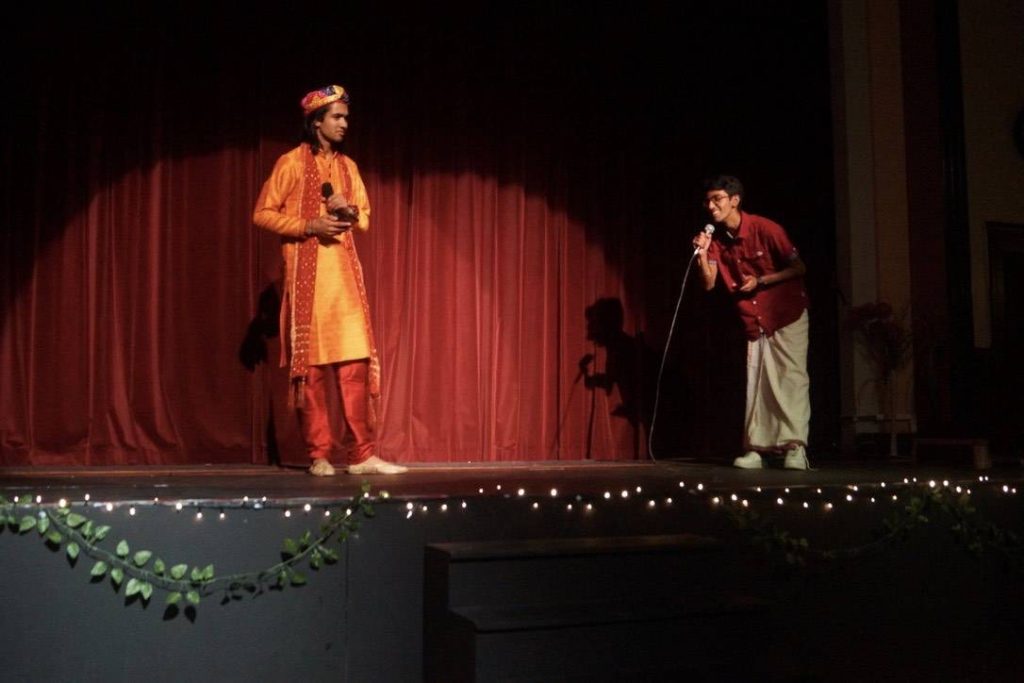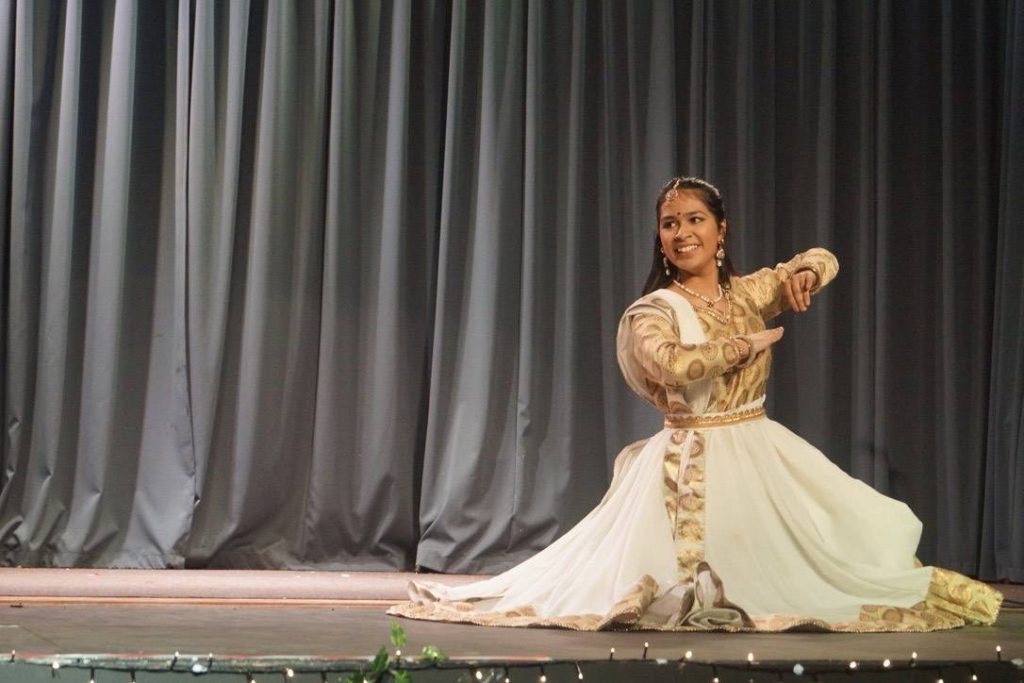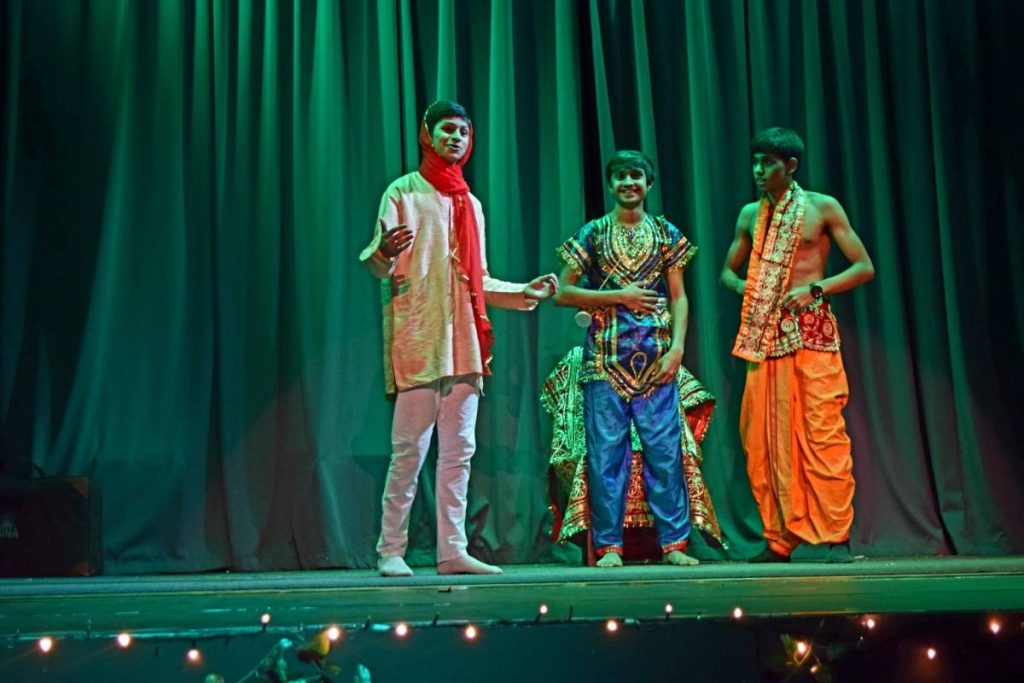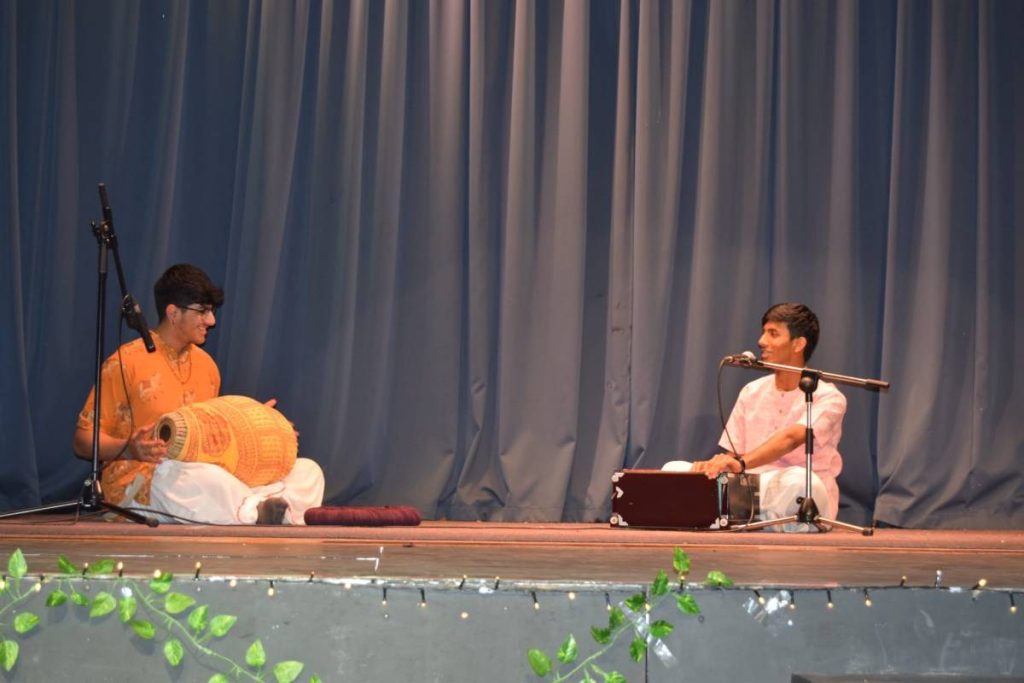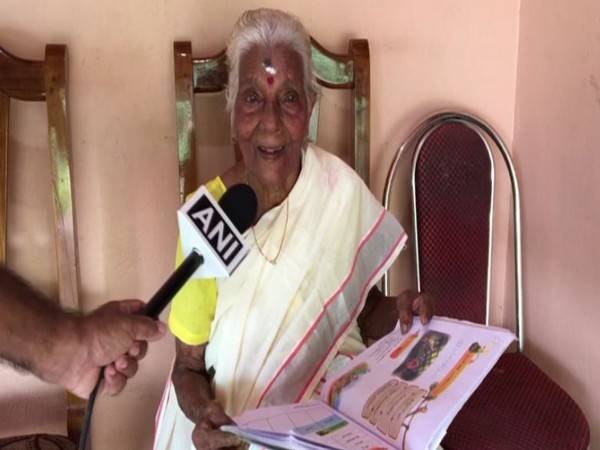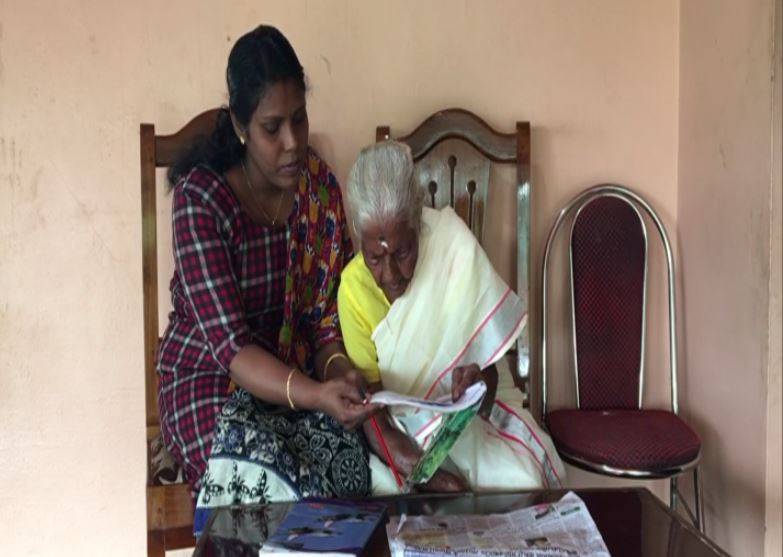Furqan, who now works in the Indian Audit and Accounts Services, considers his mother as his first teacher. He says that his mother has lent all sorts of assistance to him…reports Asian Lite News.
It’s difficult to measure the happiness of a person who has achieved his childhood dream. Furqan Akhtar has been blessed with such success. In 2018, 51 Muslim candidates had qualified prestigious UPSC examination. One of them was Furqan. Furqan, a resident of Bigra Awwal village in Sant Kabir Nagar, had secured 445th rank. It was his third attempt in UPSC. When he went for probation, he left his mark there too. He was awarded the gold medal in Best Probationer in Academics.
Madrasa background
Furqan started his education in a madrasa called Arabia Mazharul Uloom. He studied from Class 1 to Class 10 here. He says that apart from religious texts, he was also taught Maths and English in the seminary. Later, he joined a government Junior High School in Semriyawan and studied there till Class 8. It was here that he became aware of an exam called UPSC and he dreamed of becoming an administrative officer one day. Actually, this dream was inculcated in Furqan by one of his teachers, Abdul Salam. “He had said that one day, I would become Collector. Ever since this dream travelled with me,” says Furqan, reminiscing his old school days. He started bracing up to fulfil his dream ever since.
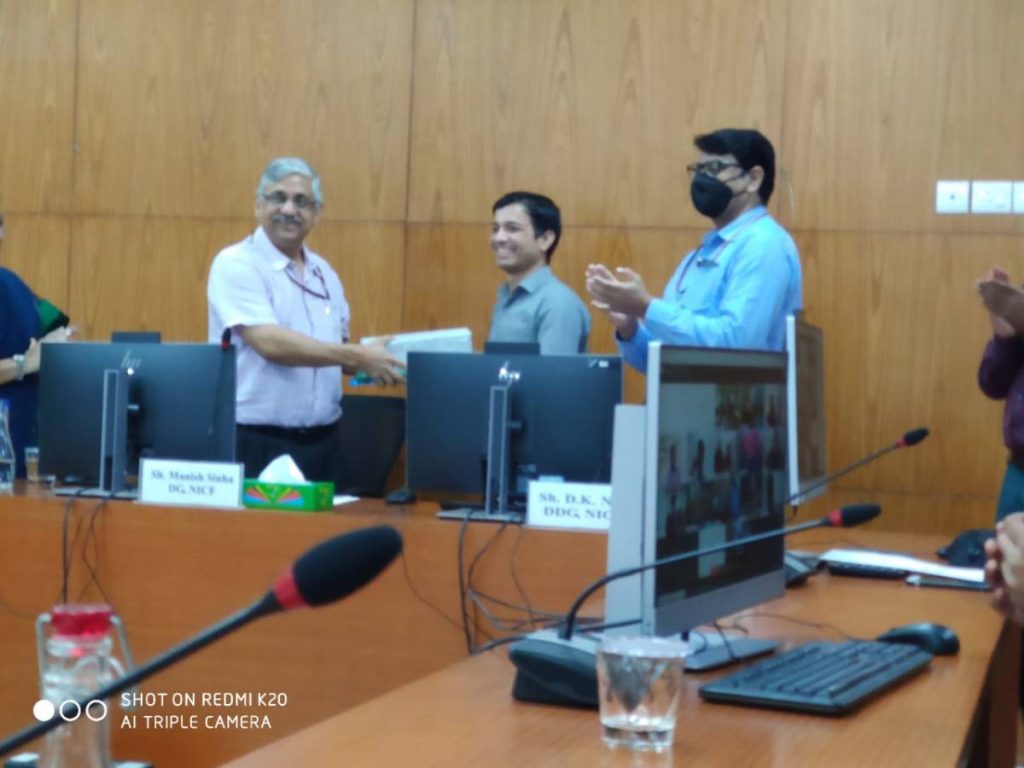
Connected to his roots
Today, Furqan feels indebted to all those teachers and professors who encouraged him and played their parts in shaping his studentship. While Furqan remembers Abdul Salam Sb who coaxed him to dream about collectorship, he is also reminded of very strict Master Abu Bakar. “He used to beat a lot if a student would repeat silly mistakes,” he says. He says that he respects all his teachers and feels indebted to them for their sound teaching and timely guidance. “Whenever I visit my madrasa, school or college, I meet my teachers as I am still their student. Their respect will never diminish in my eyes,” he says.
Family support
Furqan, who now works in the Indian Audit and Accounts Services, considers his mother as his first teacher. He says that his mother has lent all sorts of assistance to him. “My mother has endowed ethical and moral values to all my siblings. She has been our first guru. She has also been my economic pivot,” says Furqan, emphasising that family support plays a key role in a person’s success in life. Furqan recently married his cousin Zikra Khatoon on November 22. His wife is his maternal uncle’s daughter.
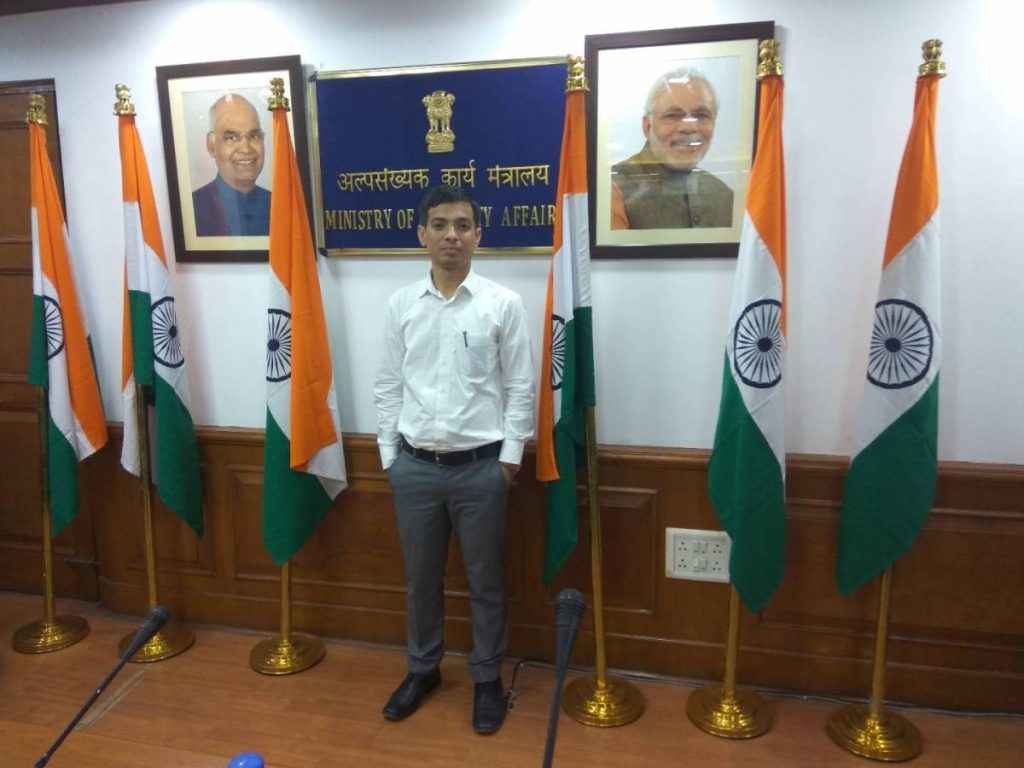
Facing challenges
Furqan had to face all those challenges that confront any middle-class student. When he was a post-graduate student at Aligarh Muslim University, he started working with the Tata Consultancy Services (TCS). Initially, he was the system engineer at TCA and was later promoted to be an IT analyst. He says that while doing a job at TCS, he knew that he would go for UPSC. “I had to work with TCS as I had to support education as the financial conditions of my family were in the doldrums. You know we middle-class people often face financial crises. My father Mushtaque Ahmed is a farmer and all of my siblings were studying. So, it created a crunch for funds in the family and I had to join TCS. Many times, we didn’t even have enough to submit even our fees. However, my younger maternal uncle helped me. I also took admission in AMU as it is one of the least expensive universities in India,” he recalls.
Support of maternal uncle
When Furqan qualified for the UPSC exams in 2018, he didn’t head to his home in the village. Instead, he reached his maternal uncle’s place in Sant Kabir Nagar. His uncle Nazim Khan is a Congress leader and he had supported Furqan in times of financial difficulties when the latter was a student. “We as a family underwent a difficult phase, but my mamu always stood by our side,” says Furqan, exhibiting his gratitude to his uncle.
Message to Muslim youth
In his message to Muslim youth, Furqan says that the key to success lies in hard work, dedication and a focussed approach to achieve your target. “Hard work is the only shortcut to success. Muslim youth have to believe in Allah and maintain their confidence. If you are truthful in your efforts and apply the required labour, Allah will not disappoint you and the success will be yours. Your ability and capability to transform it into success will definitely bring results. Muslim youth have to immediately shun the illusion that they are discriminated against in employment in India. Had it been so, I wouldn’t be able to get through UPSC,” says Furqan.
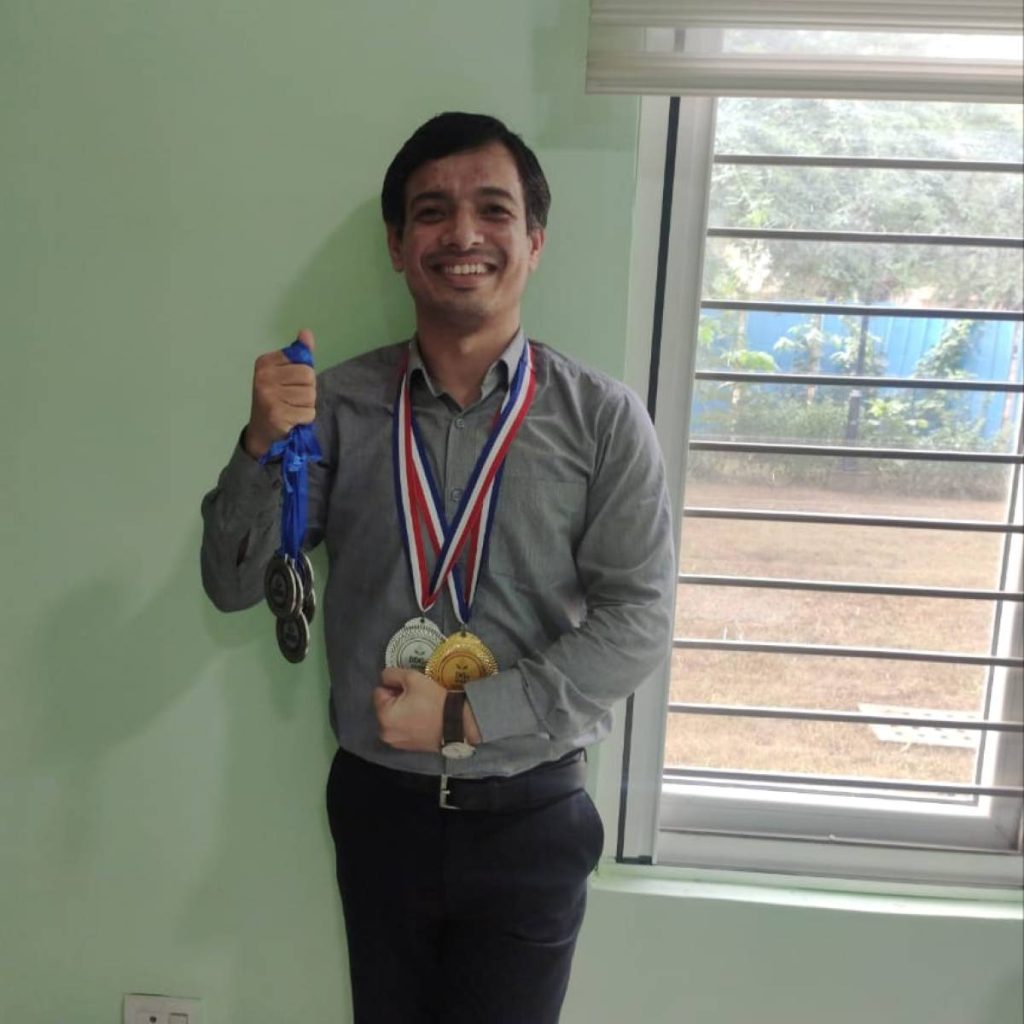
Furqan highlights a very important aspect of education. He says that primary education prepares a base for the growth of a competitive mindset in students and hence the parents and guardians have to be very careful about their wards’ primary education. “We have to inculcate in children habits to achieve small targets. It will prepare them for a bigger stage. But, we must be careful that we are not unnecessarily pressuring them. Rather, we must encourage them to nurture and hone their talents. Students don’t need to study for hours, rather their study must be focussed and should follow a carefully crafted schedule. Then, they will be on right track to achieve their dreams,” says Furqan, sharing his hopes for Muslim youths.
ALSO READ-GLOBAL TERRORISM: US Blames Pak Madrasas

